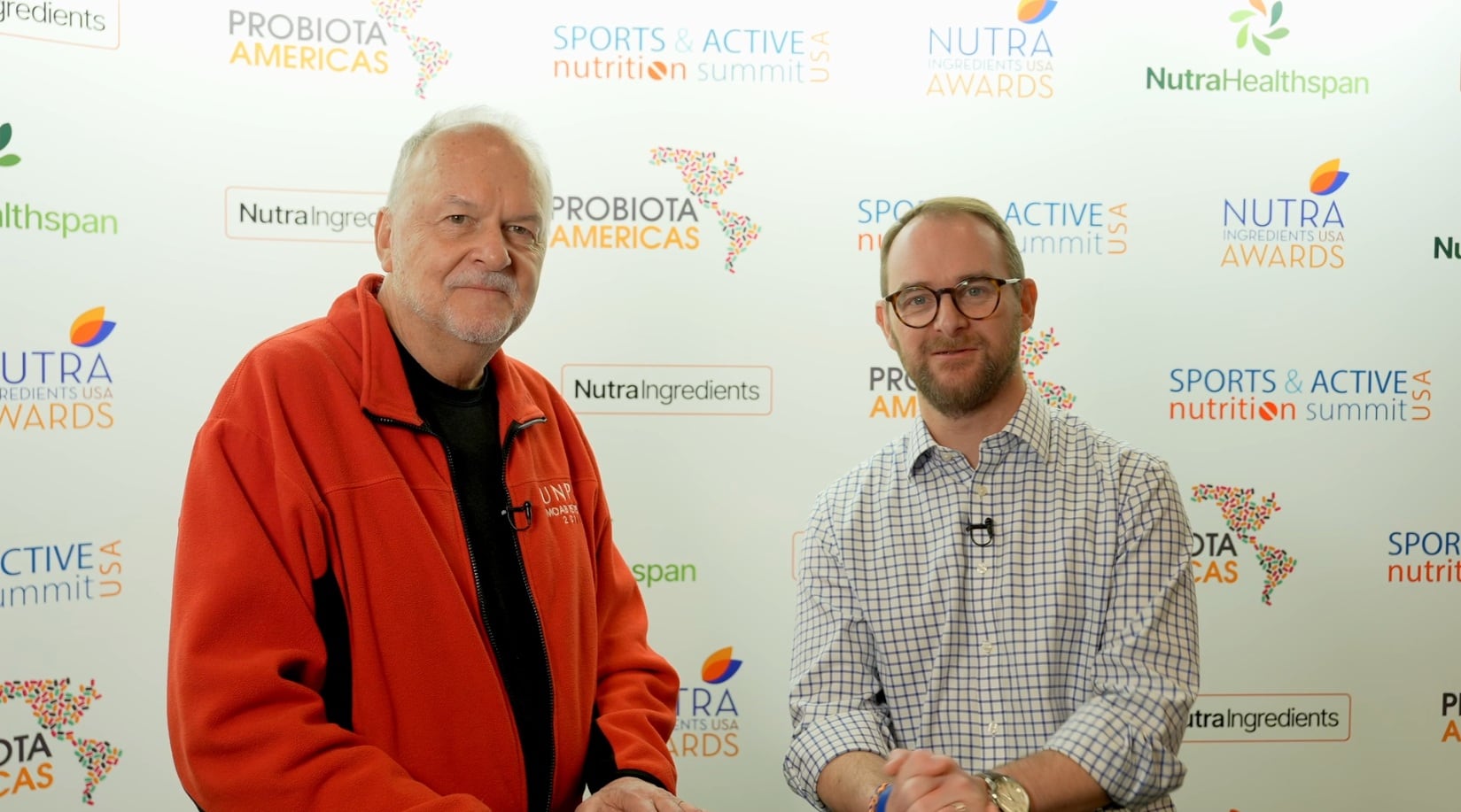For Steve Mister, President & CEO, Council for Responsible Nutrition, it’s never a dull day in Washington. He discussed the tumultuous regulatory environment facing the dietary supplement industry under the new administration.
While the FDA’s recent decision allowing NMN back to the market appears positive on the surface, Mister explained that the agency failed to establish clear guidelines for resolving future conflicts between supplement and drug ingredients. The FDA refuses to disclose investigational new drug application filing date that determines ingredient eligibility, creating not only uncertainty, but incentive for companies with new ingredients to bypass NDI requirements, Mister said.
“It says go push that ingredient into the market–lawful or not–because if you do that, you might be able to beat the drug company and the secret date that you’re not going to get to know about anyway,” said Mister. “So I think it really sends a bad signal for responsible companies who are trying to follow the letter of the law and do it right, because FDA says we’re not going to play ball. We’re not going to tell you what the rules are. And at the same time, we’re going to tilt the balance towards pharmaceuticals over supplements.”
Another concern is tariffs, with Mister noting that the hefty levies have become the primary concern among CRN members, creating paralyzing market uncertainty that is preventing businesses from making strategic decisions about pricing, sourcing and product launches. This unpredictability has generated substantial anxiety across the industry, Mister said.
“Some of the major retailers are being very clear that they don’t want to increase prices on the consumer,” he said. “So if the price can’t go up at that point, is the vendor, is the brand going to absorb the price difference? Is the ingredient supplier going to absorb the price difference? Is it going to be split? Is the retailer going to give some concession where they take some of that? That is the big question that a lot of companies are going through right now with their suppliers, vendors and with the retailers.”
Despite the uncertainty, Mister expressed optimism.
“I am hopeful that there is still going to be some policy changes that are going to be very advantageous to the supplement industry,” he said.
“There are some opportunities coming. We’re waiting for dietary guidelines to come out in the next couple of months. There’s a real opportunity for the administration to talk positively about the role that supplements can play to fill nutrient gaps in those dietary guidelines. But again...We’ll see whether they take debate on any of [the issues] and actually produce results that are good for the industry.”


